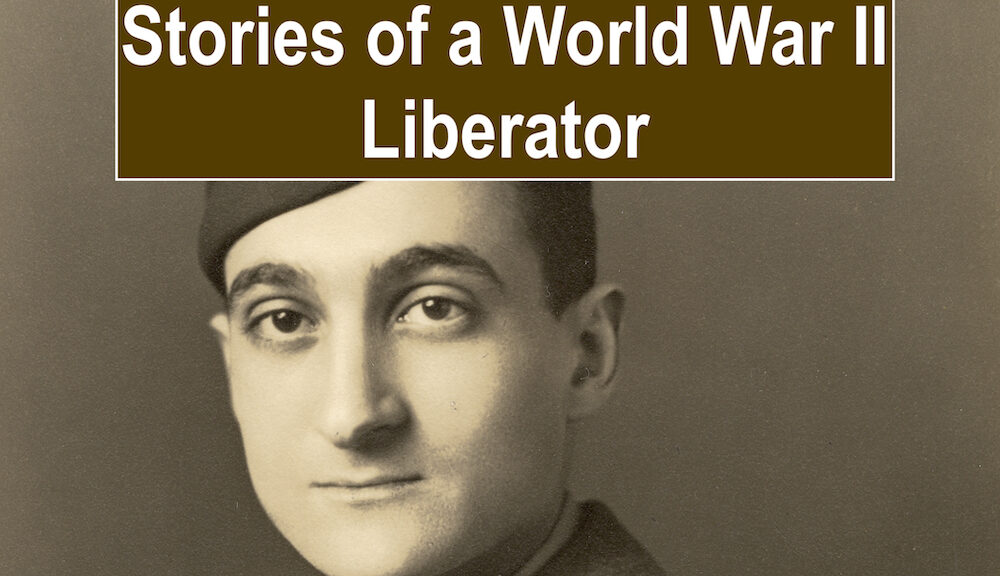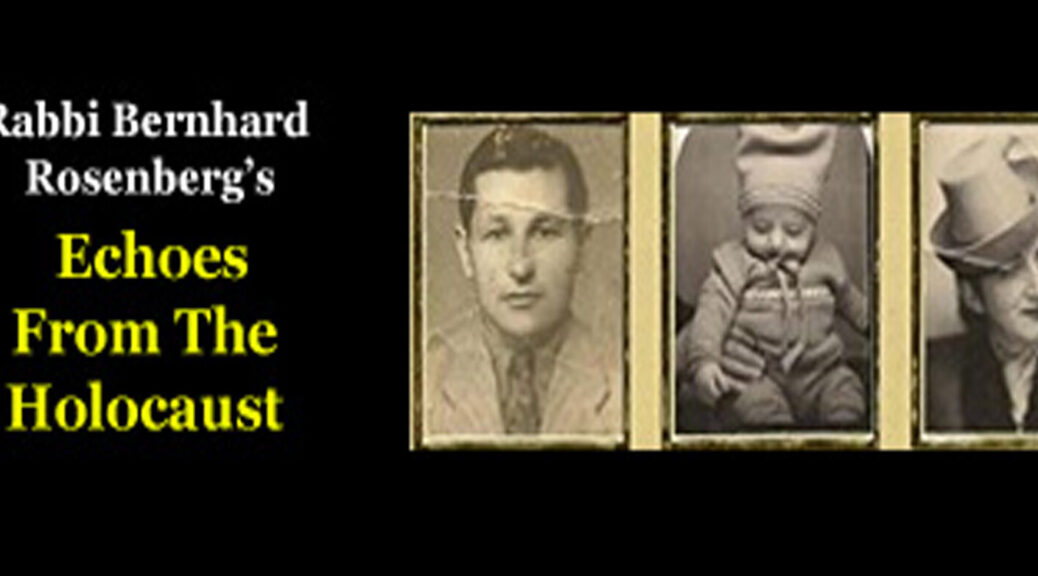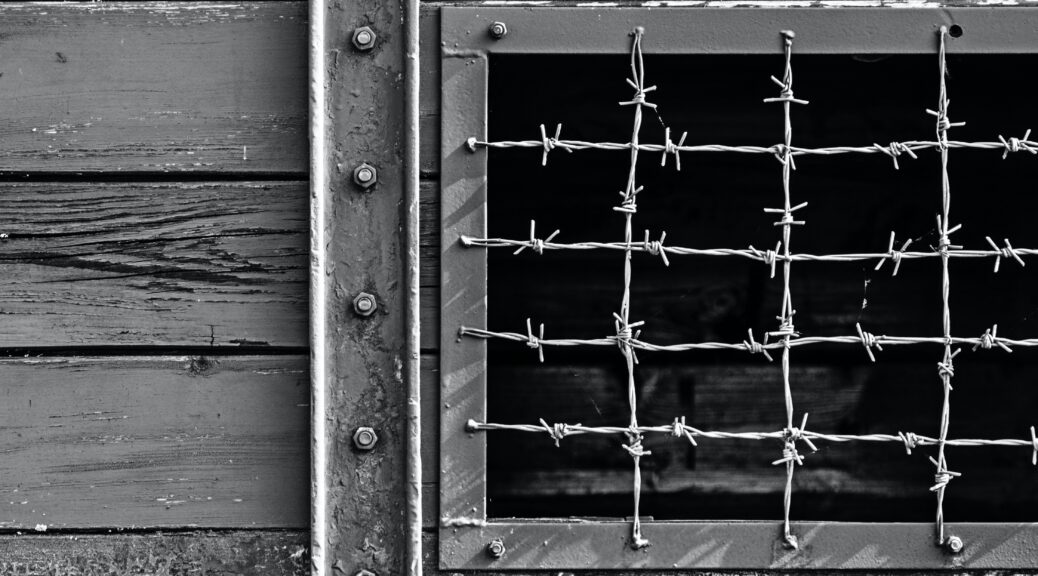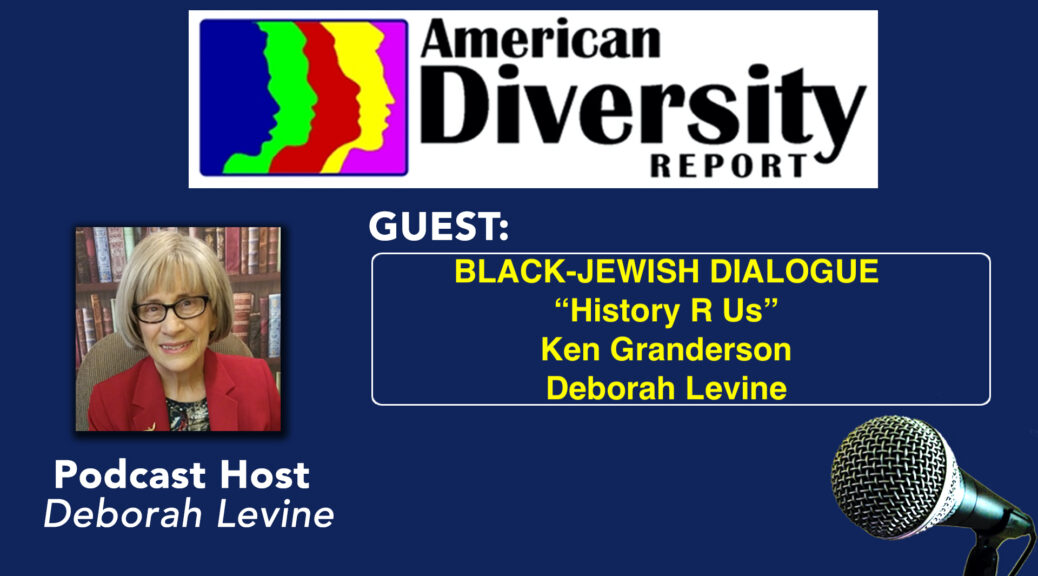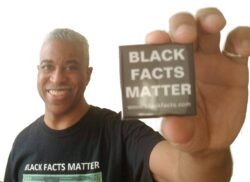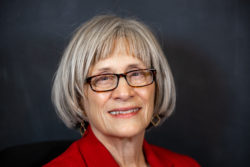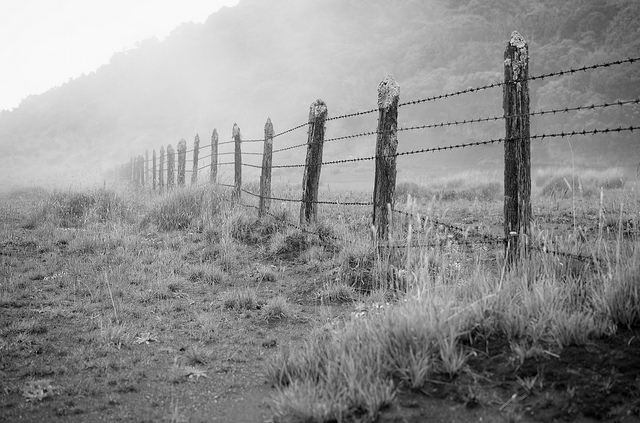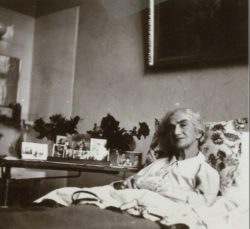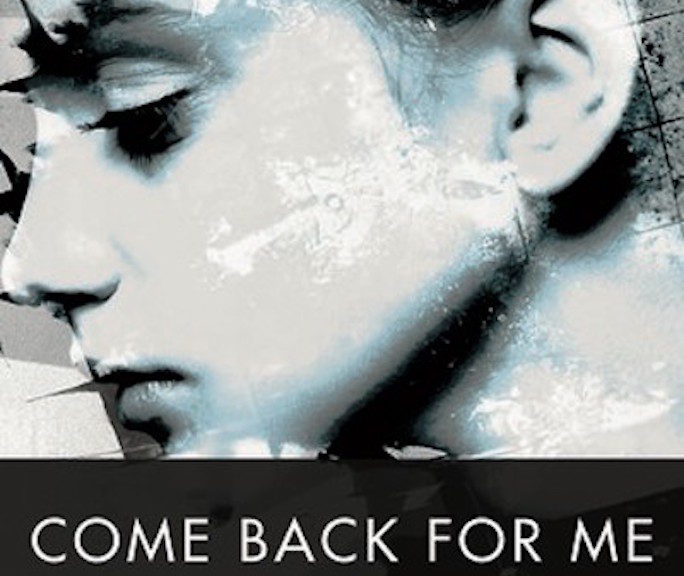 EDUCATION TOOL &
EDUCATION TOOL &
AWARD-WINNING
DOCUMENTARY
(scroll down for links)
Holocaust education is a vital element to counteracting the antisemitism and Holocaust denial as they grow world-wide. Educators and students, community leaders and activists should hear the first-hand Untold stories of WW II and the Holocaust. Deborah Levine, daughter of a World War II military intelligence officer, has created this documentary as a tool for counteracting hate and for Holocaust education. Her father, Aaron Levine was a ” Ritchie Boy” trained at Fort Ritchie, the U.S. secret military intelligence camp focused on training men, often Jewish immigrants who spoke German, to interrogate Nazi prisoners of war.
Hear the wartime perspective of Aaron Levine as he liberated death camps, served as a spy, and wrote letters about his experience. Be inspired by the love letters of Estelle Swig Malloy, a Special Education pioneer whom Aaron married after they graduated from Harvard. Then hear the memoirs of Polish Holocaust Survivor, Leon Weisband who documented the Nazi invasion of his hometown.
“No student of history can come away from this without a deeper understanding of the sacrifices that were made to end the Holocaust and of the power of storytelling to heal the human heart.”
~ Dylan Kussman, Hollywood actor/producer“Deborah Levine’s work continues to be of utmost importance for students of all ages. The specific story of ‘UNTOLD’ MUST be told today and forever, so that the words ‘Never Again’ never lose their meaning!”~Avi Hoffman, CEO Yiddishkayt Initiative, Inc.“Many liberators such as Levine’s father kept their experience largely secret So this is an important resource for Holocaust education and research…and a very engaging introduction to the journey of the Jewish community over the past century”~ The Rev. Dr. John T. Pawlikowski: Founding member of the US Holocaust Center, Prof of Social Ethics/Catholic Theological Union
From her roots in the only Jewish family to have lived in Bermuda for 4 generations, to her role as a Forbes Diversity & Inclusion Trailblazer, Deborah has been dedicated to “Tikkun olam”, Hebrew for “repair of the world”. This latest project is decades in the making, and is broadcast internationally by Jewish Life TV.
“Untold” in its radio theater and documentary formats is a Winner in 15 International film festivals including: 1) Lily Indie Film Fest, 2) 4theatre selection, 3) NYC Independent Film Festival (11th season), 4) Red Moon Festival (8th season), 5) Spring Time International, 6) Bright International, 7) Dreamz Catcher International, 8) Indie Cine Tube Awards, 9) Lightbox International, 10) Crown International, 11) Delta International, 12) EdiPlay International, 13) Red Wolf Film Festival, 14) Indiefare International Film Festival, 15) FlightDeck Film Festival.
Author: Deborah Levine
Director: Dennis Parker
Music Composer/Performer: Michael Levine
Actors: Dylan Kussman, Joel Scribner, Charlene Hong White, Trish Ross, Chase Parker, George Hoctor, Greg Glover.
CLICK to see documentary
UNTOLD, Stories of a WW II LIBERATOR

